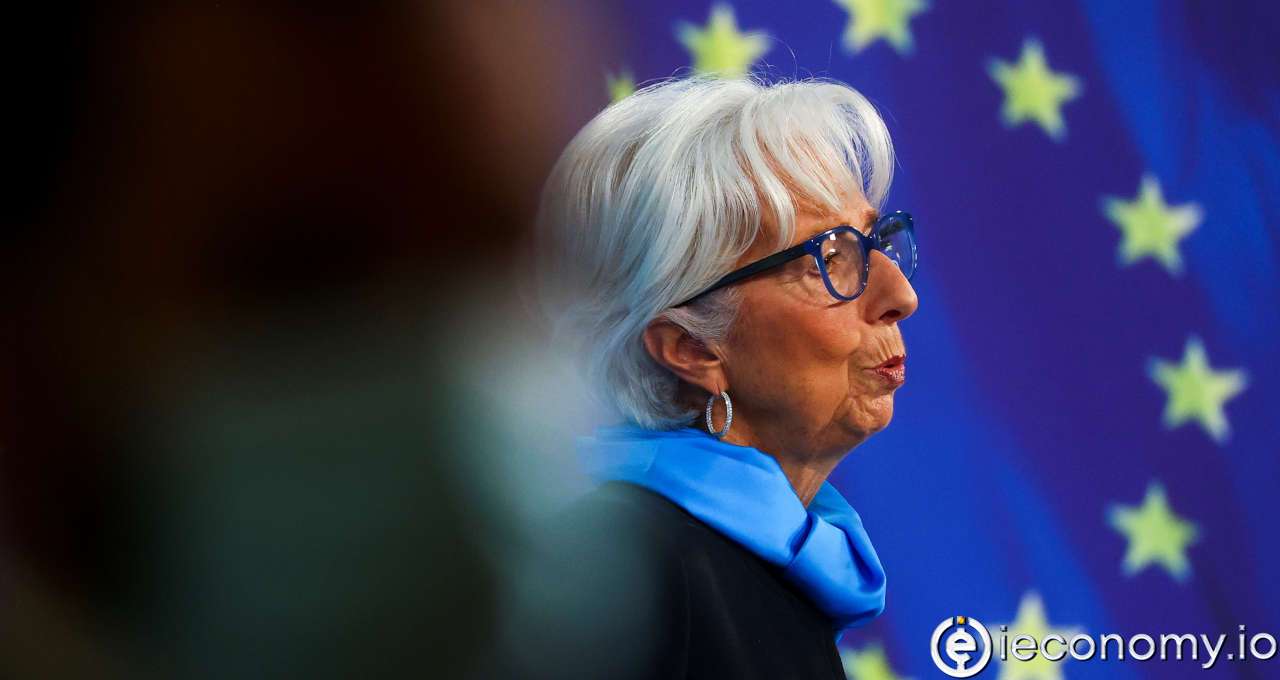2497
0
Inflation in the euro area will rise longer than expected
Inflation in the eurozone will rise longer than originally expected, Christine Lagard said after the meeting of the Governing Council.

Yazar: Tom Roberts
Yayınlanma: 29 Ekim 2021 20:07
Güncellenme: 3 Şubat 2026 21:24
Inflation in the euro area will rise longer than expected
Inflation in the eurozone will rise longer than originally expected, the head of the European Central Bank (ECB) Christine Lagard said after the meeting of the Governing Council. However, it should fall again next year due to weakening energy price growth and reducing supply chain shortages. Inflation in the euro area accelerated to 3.4 percent in September. According to Lagard, the ECB expects its further increase this year. "Although the current phase of rising inflation will last longer than we originally expected, we expect inflation to fall next year." According to the head of the ECB, the reason for accelerating inflation is a combination of three factors. The first is the sharp rise in energy prices, especially oil, gas and electricity. About half of September's inflation was an increase in energy prices. The second factor is the revival of demand after the release of pandemic restrictions, which preceded supply. This dynamic is visible mainly in the prices of consumer services, as well as in the prices of goods additionally affected by supply shortages. The third factor is the base effects of the comparison in relation to last year's temporary reduction in value added tax (VAT) in Germany. According to Lagard, all three factors will weaken or fall out of the calculation of year-on-year inflation during 2022. "Continued recovery, the gradual return of the economy to full capacity over time will support wage growth." As a result, long-term inflation expectations have risen closer to 2%, the head of the ECB added. The euro area economy continued to grow sharply in the third quarter, although its dynamics slowed slightly. "We still expect its performance to be above pre-pandemic by the end of the year," Lagard said. Despite accelerating inflation, the ECB has not changed its monetary policy stance. The fate of the Pandemic Emergency Purchase Program (PEPP) will not be decided until December. On Thursday, the Governing Council of the ECB kept the key rate at zero, the deposit rate at -0.50% and the overnight refinancing rate at 0.25%. It also did not change the direction of expectations, purchases of assets under the APP program, its reinvestment strategy or long-term refinancing operations.İLGİLİ HABERLER





European stocks soared and focus shifted to German retail sales after Powell's speech!

Forex Signal For TRY/USD: Inflation Slowdown in November.

Forex Signal For GBP/USD: Bullish Trend Still Not Breaking While Recovery Continues.

Forex Signal For EUR/USD: Starry US Data Points to Higher Fed Increases.

Forex Signal For BTC/USD: Downside Continues as Bitcoin Recovery Moves Less.
En Popüler Haberler
Yorum Yap
Yorumlar
Henüz yorum yapan yok! İlk yorumu siz yapın...